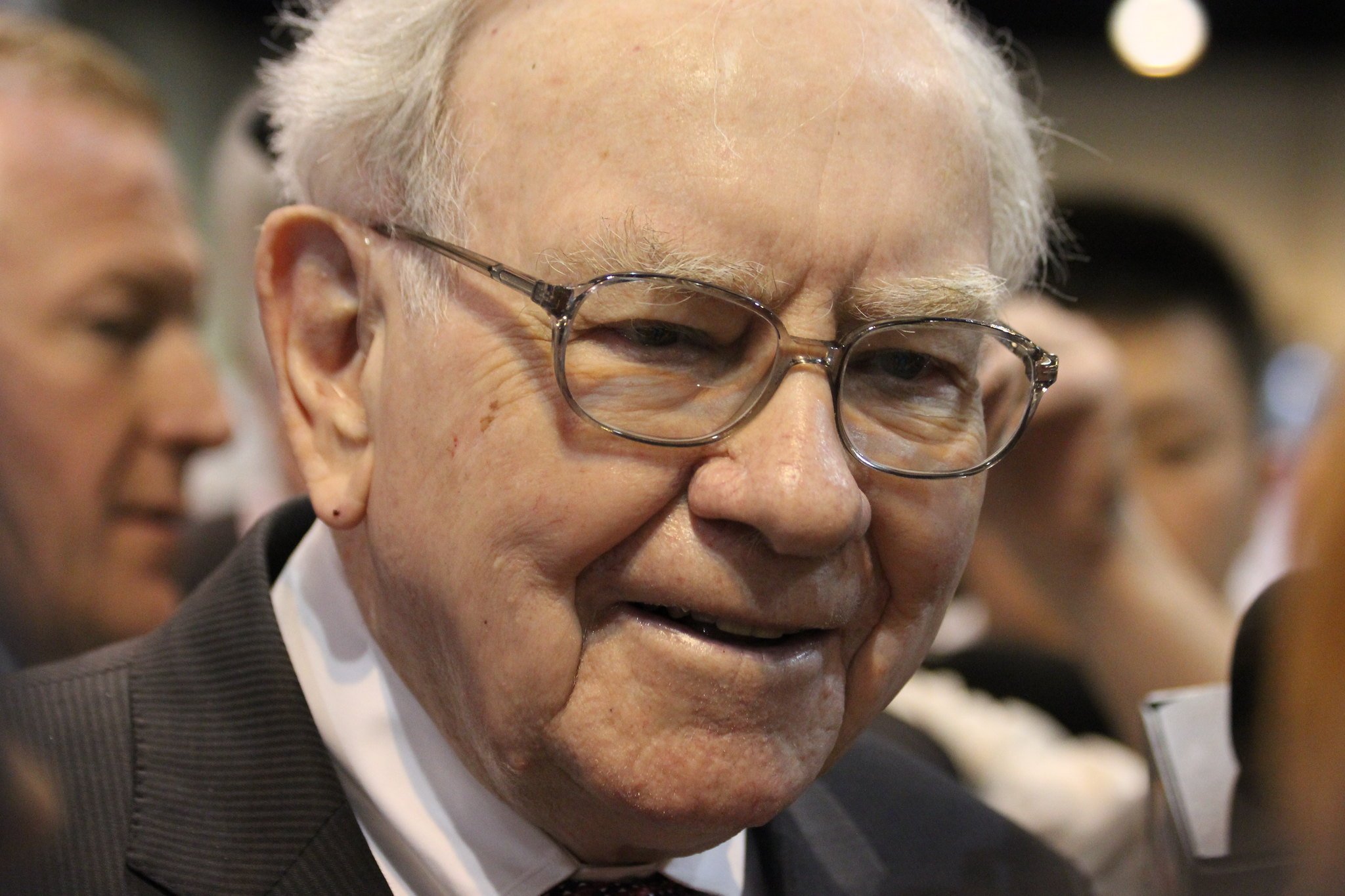In a wide-ranging interview with CNBC a few years ago, Warren Buffett of Berkshire Hathaway (NYSE: BRK-A)(NYSE: BRK-B) shared what he believed to be the worst mistake an individual could make as it relates to buying or selling stocks.
In his conversation, he noted:

These words came as the debt crisis in Europe was raging on and many investors began to question the validity and power of the economic recovery. In fact, the S&P 500 stood at 1,350 that day, and has gone on to gain more than 30% since he spoke those words.
What we are to learn
In a culture where headlines grab attention, and both media outlets and advertisers are constantly gunning for our eyeballs, the words of Buffett are something we should cling to.
So often we can be inundated with information and neglect the reality that an investment decision in a company should not be dictated by its media coverage over one or two months -- or perhaps even a headline seen one afternoon -- but instead its outlook for the next 10 to 20 years.
Consider for a moment Warren Buffett's August 2011 investment in Bank of America (BAC 1.18%). In the two weeks prior to the announced deal, the following headlines were all circulated:
- 8/8/2011: Bank of America stock plunges 20% (CNN)
- 8/8/2011: BofA plunges as AIG sues for $10 billion "fraud" (Reuters)
- 8/18/2011: BofA Says Some Debit Cards Compromised (Bloomberg)
- 8/22/2011: Bank of America's stock takes a beating ... again (CNN)
- 8/23/2011: Here's Why Bank Of America's Stock Is Collapsing Again (Business Insider)
- 8/23/2011: Wall Street's Rumor Of The Day: JPMorgan Taking Over Bank Of America (Forbes)
In fact, from August 1, 2011 to August 23, Bank of America's stock fell an astonishing 36%, from $9.81 per share to $6.30 per share.
The Business Insider story stated plainly that the reason for the dramatic collapse in the stock price was "fears that Bank of America will go bust, taking the whole economy down with it."
But do you see the problem, there? The problems were not at Bank of America, but seemingly from those that covered it in the media and those who traded it. There weren't fundamental changes in the underlying businesses at Bank of America over those three tumultuous weeks, but simply fears, which fueled headlines, which assuredly sparked more fears.

Bank of America's headquarters in Charlotte, NC.
Words into action
Buffett has long been a man who abides by his own words, and his assertion to "be fearful when others are greedy, and be greedy when others are fearful," from his October 2008 Op-Ed in The New York Times undoubtedly helped spawn his action to invest $5 billion in Bank of America on August 25, 2011.
Of course, all of that led to even more headlines, including: "Buffett to Invest $5 Billion in Shaky Bank of America" and even "Buffett Investment Could Erode Confidence in Big Banks."
Yet of course, we all know how wrong those headlines have been.
Berkshire Hathaway collects a $300 million annual dividend from Bank of America as a result of its preferred shares. In addition, Berkshire Hathaway has the option at any time to buy up to $5 billion of Bank of America's stock at a cost of $7.14 per share. At today's prices, the warrants alone would net Berkshire a 120% return -- or $6 billion -- in just 28 months.
The bottom line
Dealbook describes the conversation between Buffett and Bank of America CEO Brian Moynihan as follows:
Mr. Buffett called Mr. Moynihan to discuss a potential deal. At first, Bank of America's chief was skeptical, saying the bank didn't need a capital injection. But Mr. Buffett emphasized it would be a long-term investment, not a short-term fix.
Buffett was not seeking a quick dollar as he sought to game the system, time the market, or anything of that sort. He simply looked past the headlines and saw the underlying value of Bank of America.
In a world where so much is driven by headlines, blurbs of 140 characters or less, and everything else, we would all do well to see that our investment decisions should not be dictated by any of that, but instead based on sound principals and sound temperaments.









